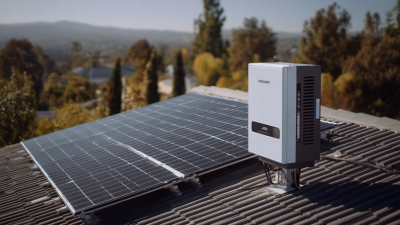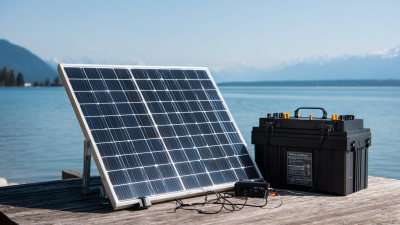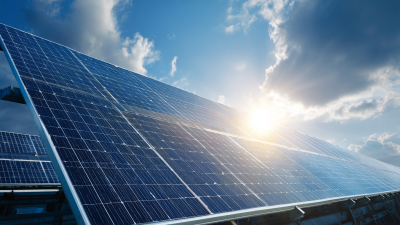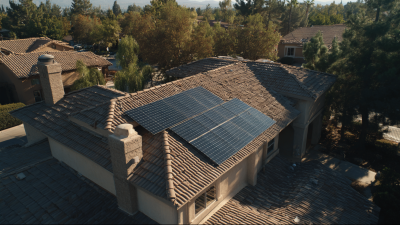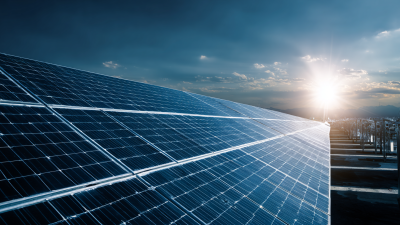ALL PRODUCTS
- Solar Panel
- Hybrid Inverter
- Lithium Battery
GSB SOLAR LITHIUM BATTERIES
- Gel Battery
- Solar Street Lights
- Pump Inverter
As the demand for sustainable energy solutions continues to grow, the role of hybrid inverters is becoming increasingly pivotal in transforming the renewable energy landscape. These innovative devices, which seamlessly integrate solar and battery technologies, provide a versatile and efficient means to harness renewable resources. By enabling homes and businesses to optimize their energy consumption, hybrid inverters not only enhance the reliability of renewable systems but also contribute to reduced energy costs and improved environmental sustainability.
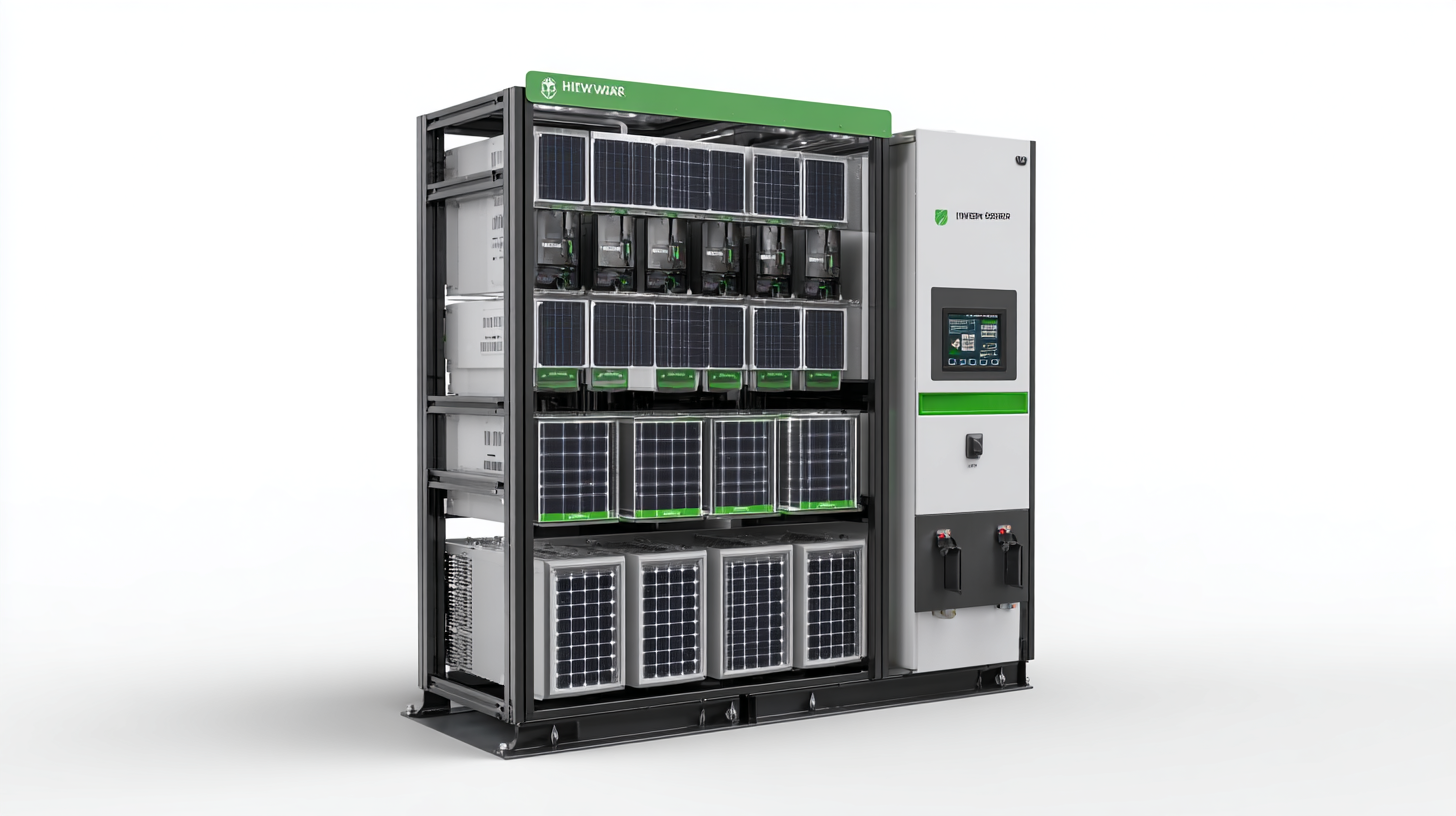
This article will explore the various benefits of hybrid inverters, discussing how they empower users to maximize energy usage, store excess power for later use, and even interact with the grid. As we unveil the future of energy, it is clear that hybrid inverters are not just a trend, but a cornerstone of the emerging energy paradigm, driving the transition towards a greener, more sustainable world.
Hybrid inverters play a crucial role in the evolving landscape of renewable energy solutions. These advanced devices are designed to seamlessly integrate multiple energy sources, such as solar panels, batteries, and the electric grid. By doing so, they provide an efficient way to manage energy distribution, ensuring that homeowners and businesses can maximize their energy independence while minimizing reliance on traditional power sources. One of the key features of hybrid inverters is their ability to switch between different power sources automatically, adjusting to real-time energy demands and availability.
Another significant characteristic of hybrid inverters is their capacity for energy storage management. They enable users to store surplus energy generated during peak sunlight hours, which can then be used during times of low generation or high demand. This capability not only optimizes energy usage but also contributes to cost savings on electricity bills. Additionally, many hybrid inverters come equipped with smart technology, allowing for remote monitoring and control via smartphone applications. This level of sophistication ensures that users can make informed decisions about their energy consumption and storage, ultimately leading to a more sustainable and efficient energy future.
| Feature | Description | Benefits | Applications |
|---|---|---|---|
| Integration | Combines solar, battery storage, and grid power into one system | Improves efficiency and energy independence | Residential and commercial solar energy systems |
| Smart Monitoring | Real-time data tracking and performance analysis | Enhanced system performance and troubleshooting | Home energy management systems |
| Grid Support | Ensures stable power supply and can feed surplus energy back to the grid | Supports grid stability and generates additional revenue | Utility-scale energy projects |
| Scalability | Allows for easy expansion and adaptation to energy needs | Flexible solutions for growing energy demands | Commercial settings and off-grid applications |
| Cost Efficiency | Reduces overall energy costs through generated savings | Lower energy bills and return on investment | Residential, commercial, and industrial sectors |
Hybrid inverters are rapidly emerging as a game-changer in the realm of renewable energy systems. By integrating solar panels and energy storage solutions, they manage to bridge the gap between energy generation and consumption efficiently. Unlike traditional inverters that only convert direct current (DC) from solar panels to alternating current (AC) for home use, hybrid inverters can also store excess energy in batteries for later use. This capability not only ensures a steady power supply during peak demand but also enhances self-consumption of solar energy, ultimately reducing reliance on grid power.
Tip: When selecting a hybrid inverter, consider its compatibility with your existing solar energy system and battery storage. This will ensure a seamless integration and maximize the overall efficiency of your renewable energy setup.
Moreover, hybrid inverters are equipped with smart technology that allows users to monitor energy usage in real-time. This feature empowers homeowners to make informed decisions about their energy consumption, further optimizing their system’s performance. By leveraging smart grid technology, hybrid inverters can communicate with other devices, enabling optimizations in energy distribution and storage based on real-time data.
Tip: Regularly update the firmware of your hybrid inverter to benefit from the latest features and improvements, ensuring your system operates at peak efficiency.
Hybrid inverters are rapidly becoming essential components in the renewable energy landscape, particularly for homeowners and businesses looking to optimize energy usage. These innovative devices allow users to harness energy from multiple sources, such as solar panels and grid electricity, providing flexibility in managing energy consumption. One primary advantage for homeowners is the ability to store excess solar energy in batteries, ensuring a steady supply even during peak usage times or outages. This not only reduces reliance on the grid but also lowers electricity bills, making renewable energy more accessible and economical.
For businesses, hybrid inverters offer enhanced energy efficiency and reliability. By integrating renewable sources with traditional energy, companies can minimize operational costs and boost sustainability efforts. Additionally, these inverters facilitate seamless energy management and monitoring, enabling businesses to respond more quickly to energy demands. With government incentives and growing environmental awareness, the adoption of hybrid inverters is transforming the energy landscape, benefiting both residential and commercial sectors while promoting a greener future.
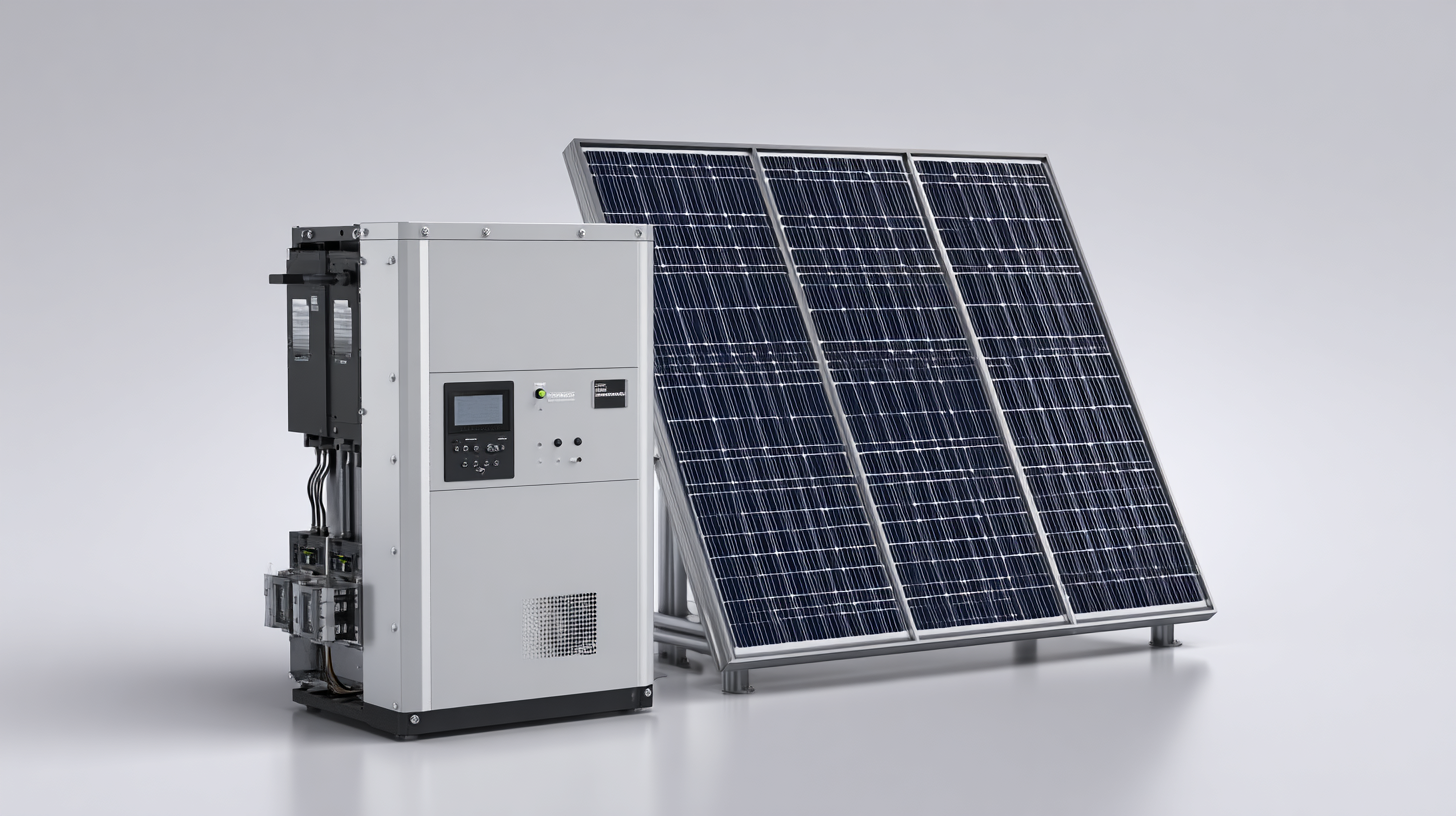
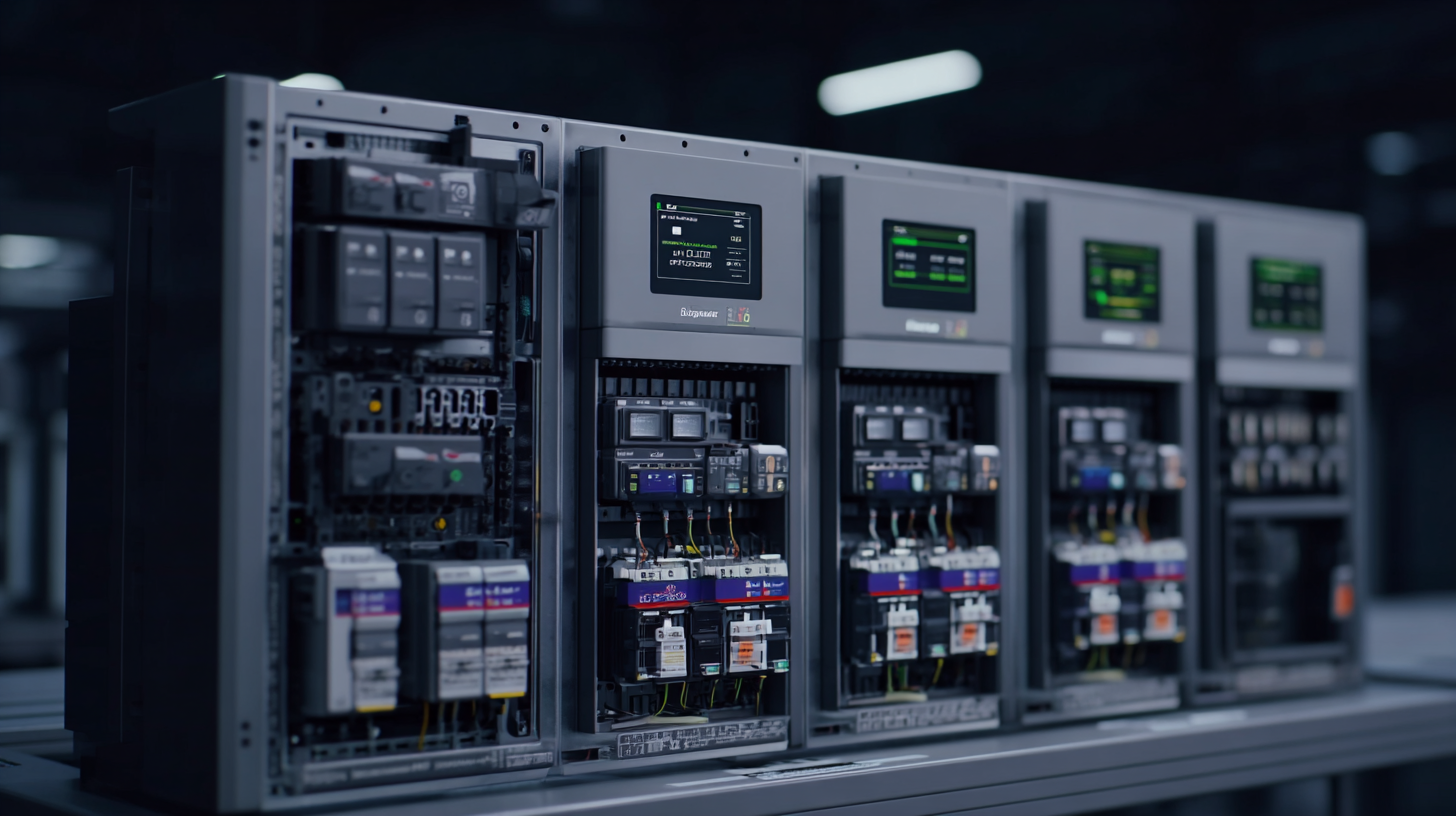 Hybrid inverters are at the forefront of transforming renewable energy solutions, especially when compared to traditional energy systems. These advanced devices not only facilitate the integration of renewable sources like solar and wind but also streamline energy storage and management. Unlike conventional inverters that solely convert DC power to AC power, hybrid inverters can intelligently manage the flow of energy between solar panels, battery storage, and the grid, providing increased efficiency and reliability.
Hybrid inverters are at the forefront of transforming renewable energy solutions, especially when compared to traditional energy systems. These advanced devices not only facilitate the integration of renewable sources like solar and wind but also streamline energy storage and management. Unlike conventional inverters that solely convert DC power to AC power, hybrid inverters can intelligently manage the flow of energy between solar panels, battery storage, and the grid, providing increased efficiency and reliability.
Tips: When considering a switch to a hybrid inverter, assess your energy needs and usage patterns. Understanding your consumption can help you select an inverter with the appropriate capacity and features that cater to your lifestyle. Additionally, investing in a hybrid system can yield long-term cost savings and contribute to environmental sustainability.
One significant advantage of hybrid inverters over traditional systems is their ability to control energy usage during peak demand times. This smart technology allows users to store excess energy produced during the day and use it during night hours, optimizing energy consumption and reducing electricity bills. By harnessing the power of renewables more effectively, hybrid inverters represent a crucial step toward sustainable living and energy independence.
The future of hybrid inverter technology is bright, paving the way for seamless integration of renewable energy sources. As these devices become more advanced, their ability to connect solar panels, battery storage, and the electrical grid will enhance energy efficiency and sustainability. This trend is particularly important as the demand for cleaner energy solutions continues to rise. Hybrid inverters are not just bridging the gap between various energy systems; they are also enabling smarter energy management, which is essential for both residential and commercial applications.
Tips: When considering a hybrid inverter, always evaluate its compatibility with your existing systems and future energy goals. Look for features such as advanced monitoring capabilities and grid interaction options to optimize performance and efficiency.
Moreover, the rise of smart technologies is driving innovation in hybrid inverters. The integration of IoT capabilities allows for real-time data exchange between devices, improving energy output and consumption tracking. With these advancements, users can make informed decisions about their energy use, and even participate in demand response programs to reduce costs and environmental impact.
Tips: Stay updated on the latest hybrid inverter features. Investing in devices with advanced monitoring and automated controls can provide significant long-term savings and efficiency enhancements.
